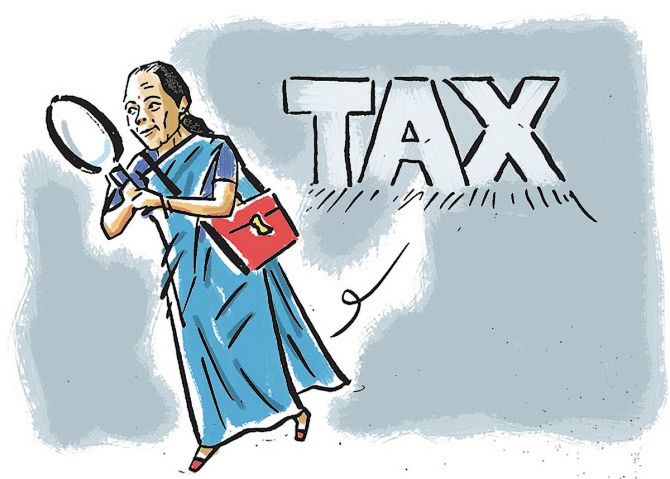Finance Act, 2019 has made it mandatory for certain categories of taxpayers to file their ITR, even though their income may be below the taxable threshold. read on to find the details.

Even though the deadline for filing income-tax returns (ITRs) for 2019-20 has been extended till November 30, the tax filing season has begun in right earnest.
Individuals with taxable income are required to file ITR within the specified due date.
But are you aware that the Finance Act, 2019, has made it mandatory for certain categories of taxpayers to file their ITR, even though their income may be below the taxable threshold?
Says Naveen Wadhwa, deputy general manager, Taxmann: “The government introduced these criteria, primarily to expand the country’s tax base.”
Foreign travel: A person will have to file ITR if their expenses on foreign travel have exceeded Rs 2 lakh during the fiscal year.
This expenditure may have been incurred on himself or on ‘any person’.
Says Balwant Jain, Mumbai-based tax and investment expert: “Note that it says ‘any person’. It doesn’t say or define ‘relative’.
"It covers family as well as non-family members.”
This Rs 2-lakh criterion applies to aggregate expenditure on foreign travel.
As to who needs to file ITR, Gopal Bohra, partner, NA Shah Associates, says: “The person who has actually incurred the expenditure on foreign travel is required to mandatorily file returns, not the one who has travelled.”
Exemption under Section 54/54B: Previously, any person who claimed exemption from capital gains tax was not required to file ITR, provided his total income did not exceed the basic exemption limit after claiming capital gains exemption under Sections (u/s) 54, 54B of the I-T Act.
The Finance Act, 2019, changed this requirement by amending the sixth provision of Section 139(1) of the I-T Act.
Says Suresh Surana, founder, RSM India: “It now requires every person to calculate the basic exemption limit without giving effect to the exemption benefit u/s 54, 54B of the I-T Act.”
Simply put, it means, if after you claim such roll-over benefits, even if your total income is not more than the basic exemption limit, you will still have to furnish returns.
Adds Wadhwa: “You cannot read this provision in isolation. It has to be read in conjunction with other provisions like the statement of financial transaction.
"Also, with this requirement, the government has brought both data in sync.
"Now it can verify the data provided by the sub-registrar with the data filed in the ITR.”
Electricity bill: Many households have received sky-high electricity bills during the lockdown in what seem to be cases of gross billing errors.
As if this was not enough, they will now have to file ITR.
According to the Finance Act, 2019, even if a person’s income is below the basic exemption limit, he will have to file ITR if his annual electricity bill exceeds Rs 1 lakh.
Deposit exceeding Rs 1 crore: If a person has deposited Rs 1 crore or more during a fiscal year in current accounts, he must file ITR.
“The limit of Rs 1 crore has to be checked by taking all current accounts together,” says Surana.











